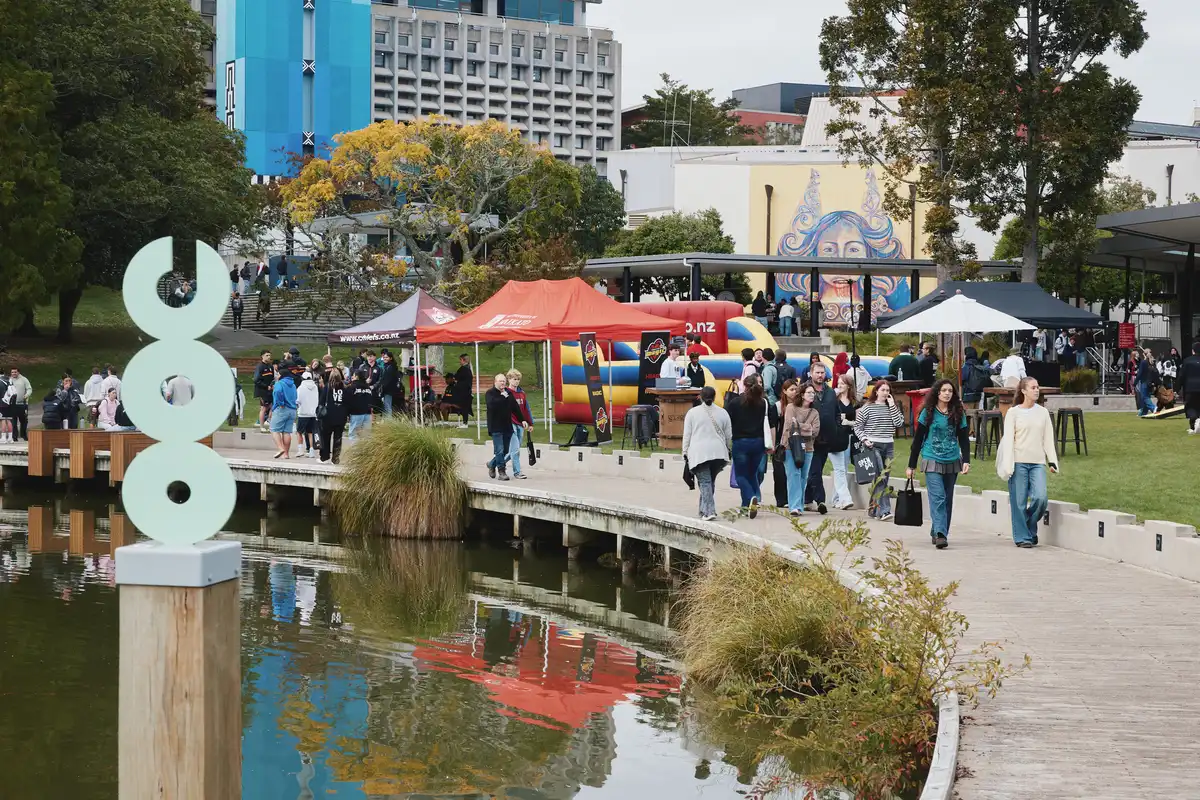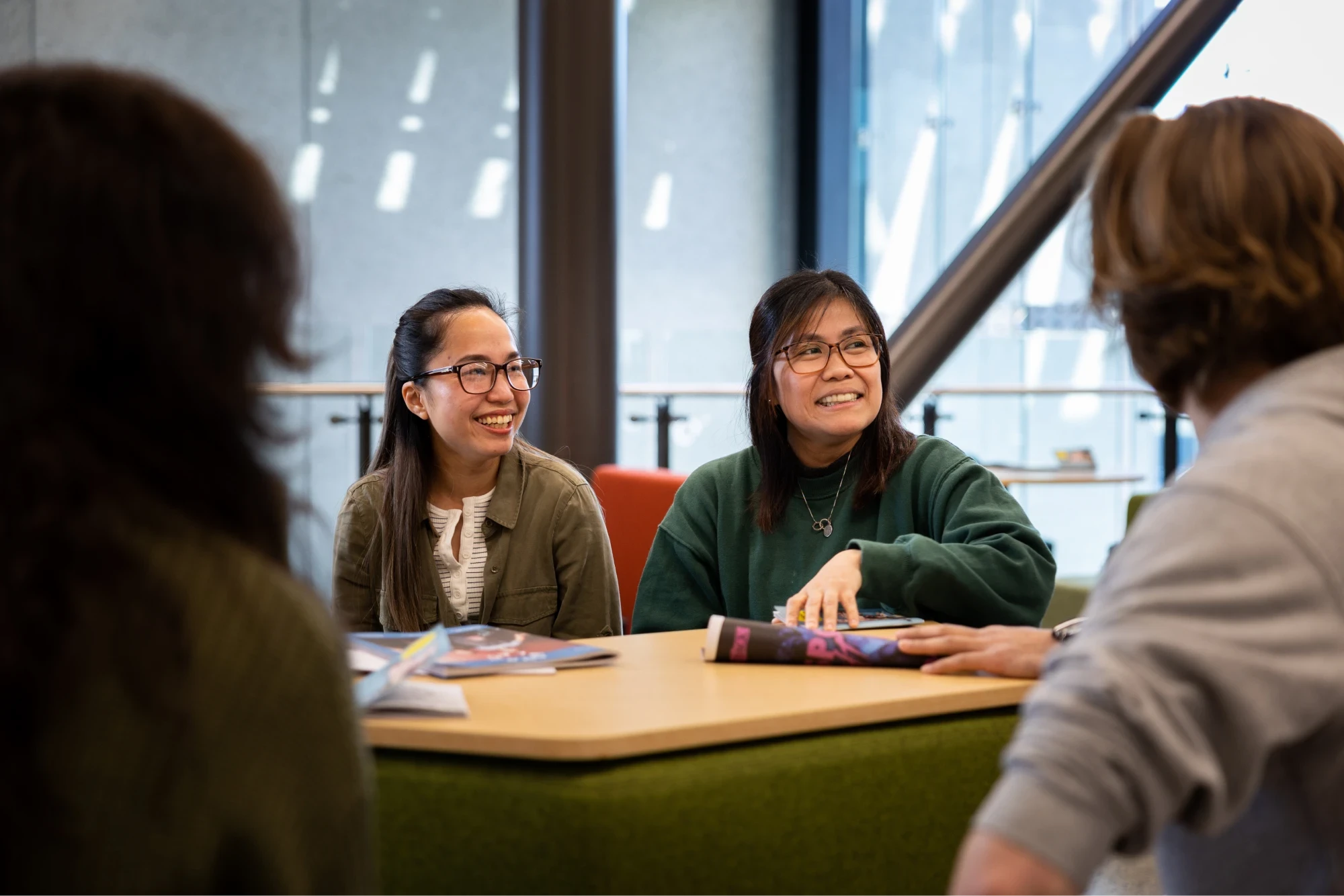Jevon McSkimming sentencing: why a public inquiry into the police should be next
Ensuring accountability at the highest levels of policing is vital.
Discover updates on events and news at the University of Waikato, keeping you connected with campus life and academic developments.

Watch our captivating TEDx talks from the University's 60th anniversary celebrations—now on YouTube.
Discover these transformative talks—watch Dr Marie Magnusson describe how seaweed has the potential to revolutionise global food production.


Discover the wide range of conference and event facilities available for hire at the University of Waikato.

Information about what to do in case of an emergency on campus. Includes safety tips and contact info.

Our Future Student Advisors at the University of Waikato host various info sessions and events to assist with degree selection, application, and student life inquiries. Get tailored advice and support.
You’re currently viewing the website as a domestic student, you might want to change to international.
You're a domestic student if you are:
You're an International student if you are: